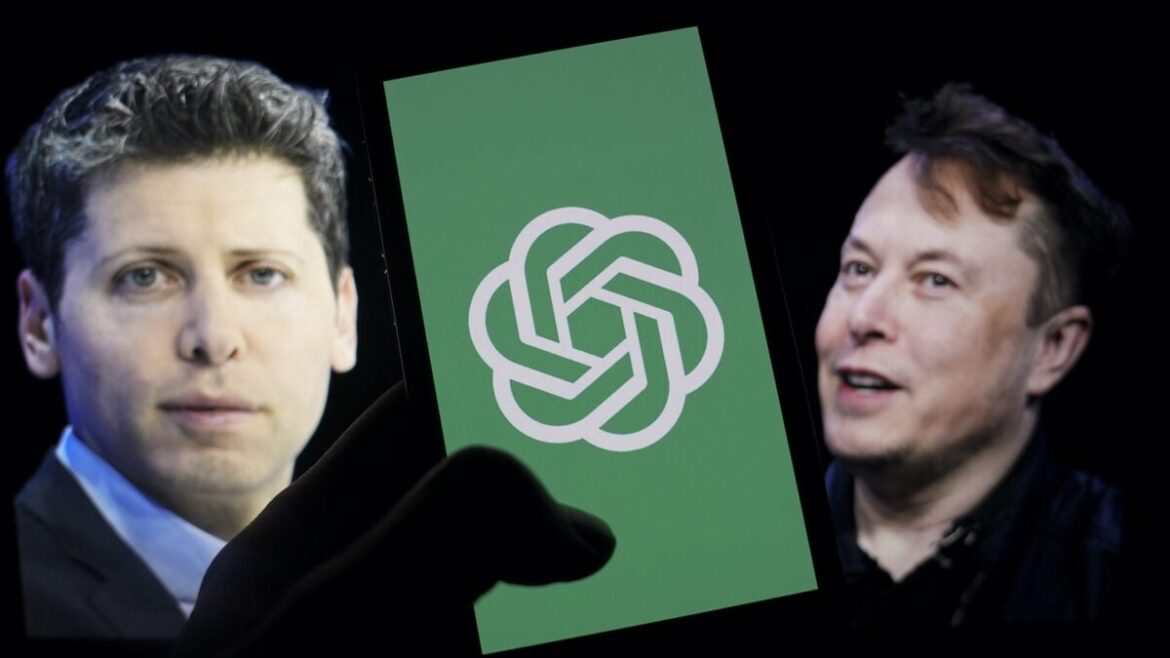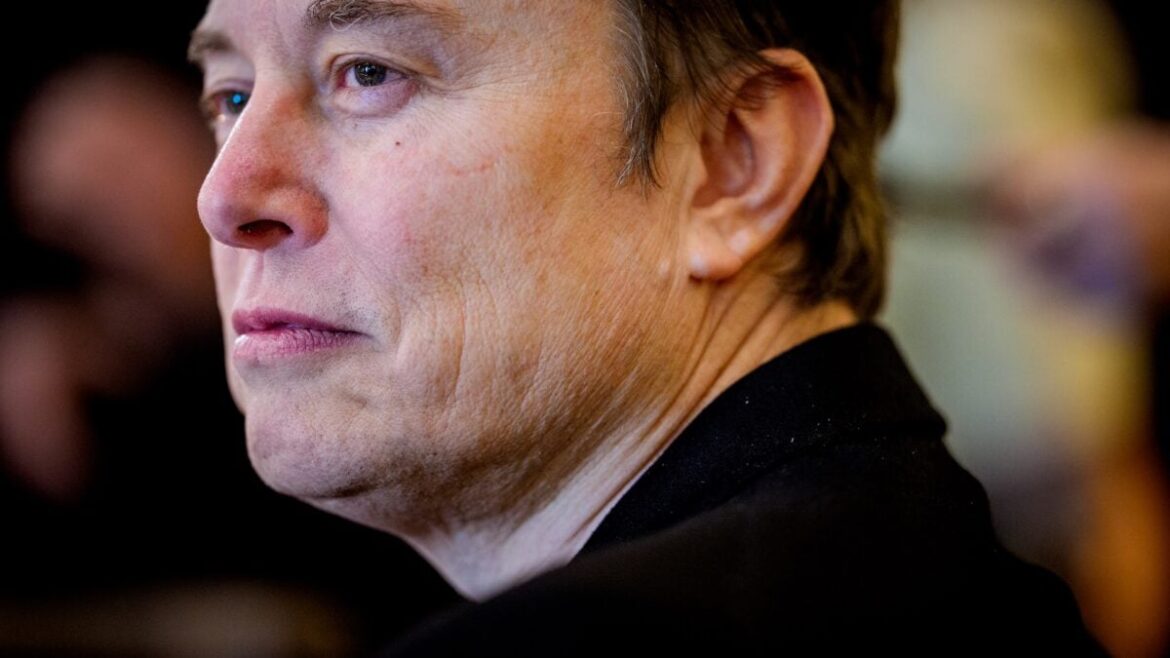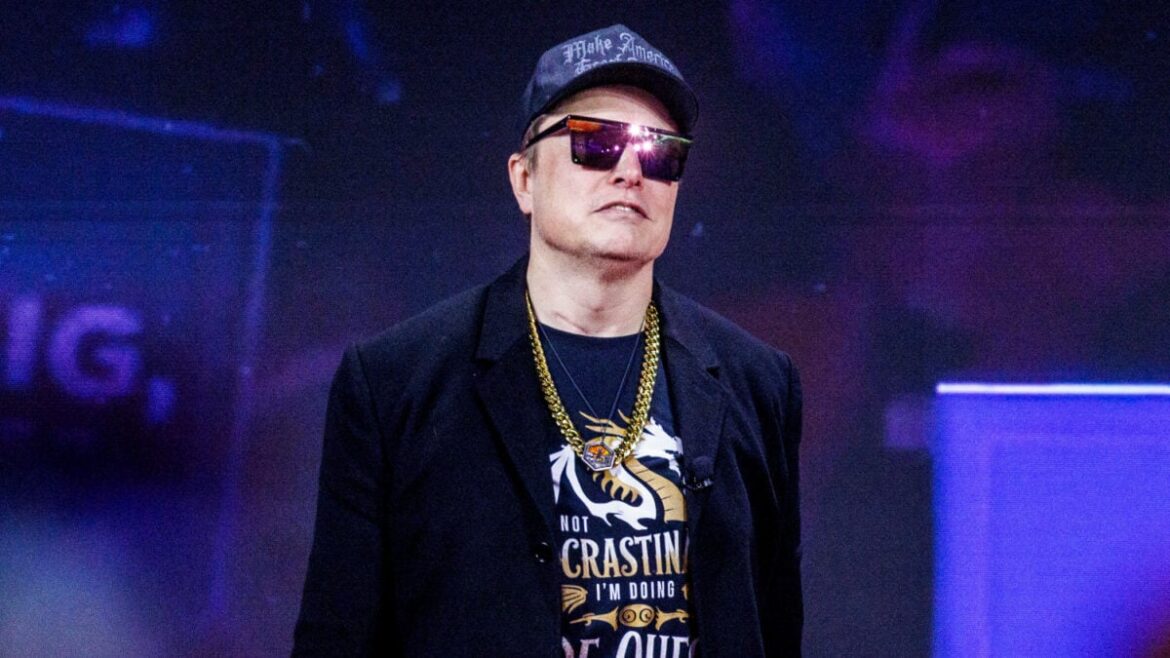Last year, Elon Musk sued his rival Sam Altman’s company, tech superstar OpenAI. In his lawsuit, Musk claimed that the company had violated federal racketeering laws because, having once promised to stay a nonprofit research lab, had since converted itself into a for-profit company. Musk, who initially poured tens of millions of dollars into the startup, claims he was deceived. OpenAI and Altman have since countered that Musk also wanted OpenAI to become a for-profit venture. This week, the legal battle was ratcheted up a notch, as OpenAI sought to bring those close to Musk into the mix.
Business Insider writes that Altman has now asked a judge to order Shivon Zilis and Jared Birchall to turn over key correspondence as part of the legal case.
Zilis, an executive at Musk’s brain-computer interface startup Neuralink, has had four children with Musk via IVF. They first met back in 2016 when Zilis, who formerly worked for OpenAI, joined the company. Birchall, meanwhile, has often been described as the billionaire’s “right-hand man” and his “fixer,” and often seems to be tasked with critical behind-the-scenes affairs (like managing his money), while also dealing with the less savory aspects of managing Musk’s empire (like interfacing with other women that Musk has had children with).
Additionally, Birchall occupies several important executive roles at Musk-related orgs. Specifically, he runs Musk’s family office, Excession, directs the Musk Foundation, and is the CEO of Neuralink. The inclusion of the two Musk allies in the legal case is described thusly:
As part of his defense against Musk’s 2024 racketeering lawsuit, Altman wants a judge in California to order Birchall and Zilis to turn over key texts and emails in 72 hours. If either blows that deadline, they should be required to sit for one additional, preliminary deposition prior to their primary depositions in the case.
The OpenAI CEO’s legal team has noted that communications with Zilis, in particular, should have relevance to the case. BI reports that attorneys have argued, “She was a conduit between Musk and OpenAI’s co-founders on matters central to this case, including discussions about a potential 2017 restructuring that would have given Musk a large equity stake in OpenAI.”
Altman’s targeting of Zilis and Birchall, two people with close personal and professional ties to Musk, could indicate a broader escalation of the legal fight, as both sides seek to gain an advantage. “Birchall and Zilis should not be forced to sit for two depositions each,” Musk’s attorneys have argued. “If their texts and Gmails cannot be produced in time, their depositions should be rescheduled.” Gizmodo reached out to Neuralink, OpenAI, and Tesla for comment.
The lawsuit against OpenAI is the culmination of a long-running feud between the two billionaires. More recently, Musk sued OpenAI again (along with Apple), alleging that the two companies had colluded to exert anticompetitive control over the AI market.
The suit seeks “billions” in damages. “Apple and OpenAI’s exclusive arrangement has made ChatGPT the only generative AI chatbot integrated into the iPhone,” the suit says. “This means that if iPhone users want to use a generative AI chatbot for key tasks on their devices, they have no choice but to use ChatGPT, even if they would prefer to use more innovative and imaginative products like xAI’s Grok.” In the past, OpenAI has characterized the litigation as being “consistent with Mr. Musk’s ongoing pattern of harassment.” Musk also previously tried to buy OpenAI, although Altman turned him down.
Where did the feud between Musk and Altman start? God only knows, but one thing’s for sure: it shows no signs of simmering down. In the before times, Altman and Musk were chums and business partners, but that all imploded, and for the past several years, it’s been increasingly bad. Can it all be traced back to the fact that Musk was once a co-founder and board member of OpenAI but now, having acrimoniously fallen out with Altman, must be forced to watch it soar without him? All we really know for sure is that personal animosity has transmogrified into a nasty legal war that could ultimately hurt both men more than it helps anyone.









